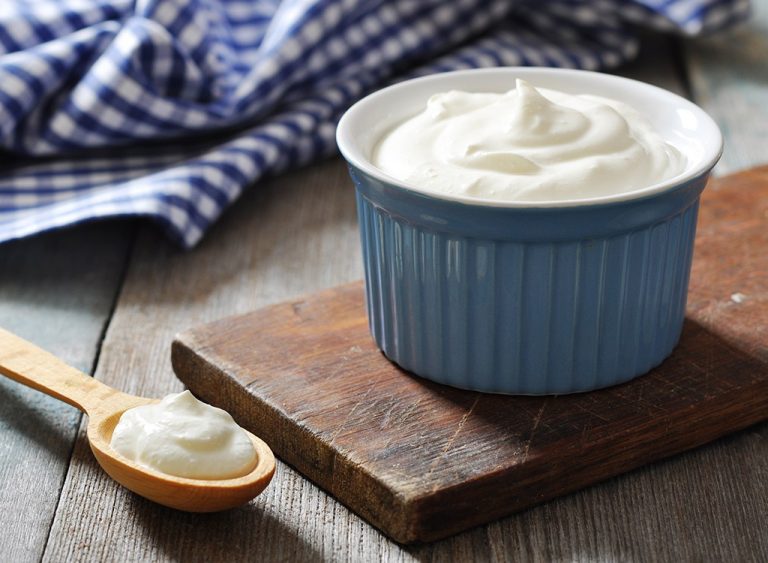
Cold temperatures
Cold feet are one of the body’s normal reactions to colder temperatures. When the body enters a colder area, blood vessels in the extremities, such as the hands and feet, will constrict. This reduces the blood flow to these areas, which also reduces the amount of heat the body loses.
The extremities are the parts of the body furthest from the vital organs, so reducing blood flow to the extremities also helps keep warmth and blood flow in the more important body parts.
Over time, this reduced blood flow can cause decreased oxygen in the tissues, which may cause them to take on a bluish color. When temporary, these symptoms are not usually serious, and the body will return to normal as it warms up again.
Some people have Raynaud’s phenomenon, where exposure to cold temperatures or high stress causes them to experience limited blood circulation, resulting in cold or numb fingers and toes.
High stress or anxiety
Being in a state of high stress or anxiety may also cause cold feet. One of the body’s natural responses to stress or nervousness is to pump adrenaline into the bloodstream.
As it circulates, adrenaline causes the blood vessels at the periphery to constrict, which decreases the flow of blood to the outermost areas of the body. This response reserves energy and prepares for any bodily harm that may happen because of the high-stress situation.
The modern world is full of stressors, but few of them put the body at immediate risk, so this protective response may be more harmful than helpful if it is making the feet or hands cold. Reducing stress and tension may help reduce symptoms in these cases.

























